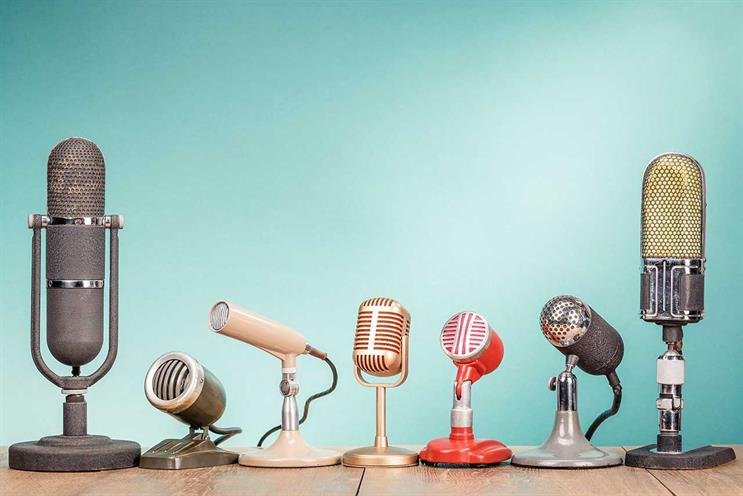In this era of polarisation and Twitter storms, by comparison radio seems a beacon of reasoned debate where diverse voices and opinions can be heard together.
Social media seems to be turning us into a grumpy, divided nation of ideologues entrenched in our own world views. Social networks and their algorithms tend to divide political opinion, dialling up our anger and making us resistant to reasoned argument.
People turn to radio when they want to hear both sides of the story and expand their minds. This is backed up by research from , which claims that 77% of commercial radio listeners say that radio helps them stay informed. This may be why listeners switched on their radios in huge numbers during the 2019 general election campaign. Last week’s Rajar figures showed spoken-word stations BBC Radio 4, BBC Radio 5 Live, LBC and talkRADIO all piled on listeners in the months before election day on 12 December.
A good example is LBC, which added half-a-million listeners to hit an all-time high of 2.7 million in the fourth quarter of 2019, according to Rajar figures. This is a station with opinionated presenters such as passionate Remainer James O’Brien, centrist Maajid Nawaz and Mr Brexit himself Nigel Farage, alongside the likes of Nick Ferrari and Iain Dale.
LBC sees its role as offering a diverse set of opinions. Not every listener will want to hear all these differing voices, but a substantial number will stay tuned to hear the different sides of the same argument.
That’s because radio is a companion medium that you can listen to while cooking, cleaning, driving or puffing on the exercise bike. Listeners often stick with the same station and are less likely to dip in and out as they do with other media. From a commercial point of view, advertisers can capitalise on radio’s ability to speak to people at relevant times while taking part in a range of activities that are related to their brand – Radiocentre’s Hear and Now research last year showed that engagement with advertising rises by 23% as a result of the ads being more personally relevant.
Being exposed to diverse views on radio helps us escape our own echo chamber of our social media preferences. We find ourselves listening to people we don't agree with, but in a way that’s more objective than what appears in our own social feeds.
Debating politics on a social network tends to make us want to win the argument at all costs. These debates are rarely in good faith and they quickly get personal and tend to drive us further into cemented positions. We try to score points and we aren’t open to moving on.
Radio debates allow us to distance ourselves from the argument. There might be a phone-in argument between a presenter and a caller; it’s a very different experience when we are not directly involved. It’s like watching somebody else's drama at the theatre rather than being caught up in our own family row.
This distance helps us consider different opinions and allows us to find the centre ground in our own minds.
Radio stations are havens for free speech, because people are allowed to say what they think. Free speech matters precisely because you can say something foolish and narrow-minded, and someone else will put you right – helping you to re-evaluate your viewpoint.
A good phone-in serves to help listeners hear different views challenged in constructive, entertaining and informative ways.
In contrast, the Punch-and-Judy polemics of social media trap our minds and makes it hard to empathise. There’s little accountability in social media – politicians can make extraordinary claims unchallenged – whereas radio is accountable not only to Ofcom but also to its listeners. LBC's Ferrari calling out Jacob Rees-Mogg, who claimed the Grenfell tower victims lacked "common sense" last year, is a case in point. That sort of unmasking couldn’t have had the same impact through social media.
Spoken-word radio is a positive force in our fractious political environment. It protects and promotes diversity of opinion in a safe place that we can trust. Radio can bring the nation together and help to heal our divisions. No wonder people are tuning in.
Al Young is chief creative officer at St Luke’s
Picture: Getty Images


